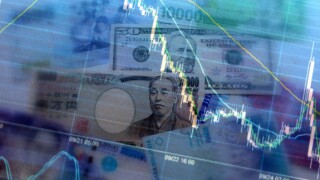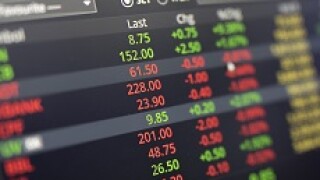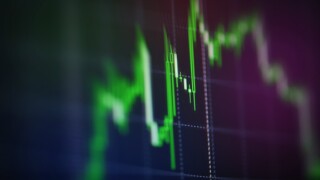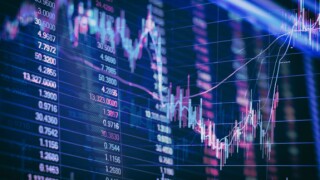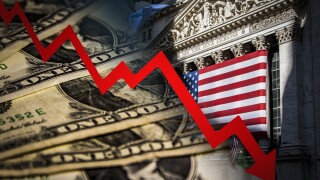Derivs - Equity
-
US market participants’ can now use their preferred method of calculating counterparty credit risk (CCR) for derivatives, after US regulators brought the adoption of SA-CCR forward.
-
Financial market trade associations are pushing regulators to give relief on incoming regulatory requirements on initial margin, pleading that the coronavirus is causing too much disruption to their members’ business lines.
-
Another derivatives strategy has fallen foul of volatile trading conditions, as ABN Amro on Thursday declared a $200m net loss as a result of the blow-out of a client’s positions.
-
Proprietary trading firms, dealing with swollen options supply, are pleading for regulators to hurry along changes to counterparty credit risk calculations (SACCR) that in their present form are threatening their ability to make markets.
-
ISDA chief executive Scott O’Malia on Monday stressed the importance of keeping markets open despite concerns about the spread of Covid-19.
-
Exchanges around the world have closed their open outcry pits as the threat of Covid-19 has shunted trading over to electronic formats.
-
Prominent short sellers have criticised European financial regulators’ clampdown on short selling as being counterproductive. Meanwhile, US hedge fund Bridgewater Associates has been unwinding its multibillion short positions in European stocks, after price falls across indices on the continent in recent days.
-
The US Commodity Futures Trading Commission gave market participants adapting to working from home some relief late on Tuesday, with sweeping no-action relief on voice recording requirements. The UK’s Financial Conduct Authority hasn’t gone so far, but has offered firms some flexibility.
-
Financial market participants were left wondering this week if what felt to many like a very vivid stress test had become a complete meltdown, as searing volatility puts all players into crisis preparation mode, write Ross Lancaster, Jon Hay, Max Adams and David Rothnie. Strains are appearing in places where they were not expected, such as the US Treasury market. But markets are continuing to function and some traders have enjoyed exceptional volume.
-
Wild swings in equity market volatility have caused a rush to reassess derivatives positions, as the cost of hedging increases and weakness emerges in more exotic products.
-
Financial industry lobbyists have told the US Commodity Futures Trading Commission (CFTC) that its proposed revisions to swap dealers’ and major swap participants’ capital requirements will have “a significant negative impact on the US swaps market”.
-
Demand for exchange-listed derivatives soared during February, with Cboe Global Markets, CME Group and Intercontinental Exchange hitting record average daily volumes during the month.



